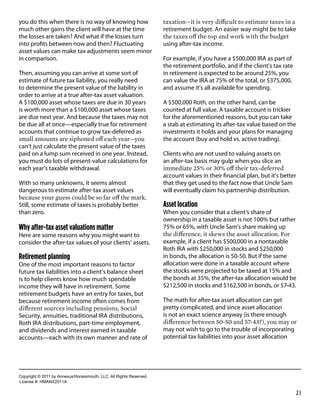
Aussie School Holiday Childcare Blowout

The Summer Squeeze: Australian Parents Grapple with Holiday Childcare Costs and Work-Life Balance
The school holidays, a time traditionally associated with relaxation and family fun, have become a significant source of stress and financial strain for many Australian parents. The extended break, while welcomed by children, presents a logistical and budgetary nightmare for working families, sparking debate about potential solutions, including shortening the holiday period.
Read more: Middle East Ceasefire and Hostage Deal
The Financial Burden of Summer
For families with two working parents, the long summer break often translates into a substantial financial burden. Covering childcare costs, activities, and entertainment for children during this period can quickly deplete savings. The expenses associated with keeping children safe, engaged, and cared for can easily reach thousands of dollars.
Navigating the Holiday Childcare Maze
Parents employ various strategies to manage the demands of work and childcare during the summer. Some reduce their work hours, while others utilise annual leave. However, these solutions often come at the cost of lost income or reduced career progression. Holiday clubs and activity camps offer a valuable service, but their high prices can be prohibitive for many families. These programs, which range from sports to arts and crafts, can cost a significant amount per day, placing a considerable strain on household budgets.
Furthermore, government support programs, such as the Child Care Subsidy (CCS), may not always be applicable to these holiday programs, leaving parents to bear the full cost. While council-run services may offer more affordable options, spaces are limited, and demand is high.
The Rising Cost of Care
The cost of holiday childcare is increasing, outpacing wage growth. This trend exacerbates the financial pressure on working families, particularly those who cannot take extended time off work. The lack of affordable and accessible childcare options during the school holidays contributes to a “mini crisis” that impacts families across the country.
Beyond the Financial Strain: Parental Burnout and Guilt
The challenges of balancing work and childcare during the summer extend beyond financial concerns. Many parents experience parental burnout and guilt associated with not spending enough quality time with their children. The pressure to maintain a career while providing adequate care and enrichment for children can take a significant toll on mental and emotional well-being.
The situation is further complicated by the prevalence of social media, where curated images of idyllic family holidays can amplify feelings of inadequacy and pressure. The constant reminders to “make memories” and cherish every moment can be overwhelming for parents struggling to make ends meet and manage their professional responsibilities.
The Impact on Relationships
The strain of managing childcare during the school holidays can also negatively impact relationships. The lack of flexibility around holiday time can lead to conflict between partners over childcare responsibilities. The uneven distribution of childcare duties can breed resentment and contribute to overall stress within the family.
The Need for Employer Flexibility
Many parents feel pressured to return to the office full-time, leaving them with limited flexibility to manage childcare during the summer. Unlike some European countries and parts of the United States, Australia lacks a widespread culture of a “summer slowdown,” where businesses acknowledge the challenges faced by working parents and offer greater flexibility.
Challenges Faced by Single Parents and Families with Children with Special Needs
Single parents face particularly acute challenges during the school holidays. Without a partner to share childcare responsibilities, they often struggle to balance work and caregiving. The lack of affordable and accessible childcare options can be especially detrimental for single-parent families.
Families with children with special educational needs (SEND) also encounter significant obstacles. The limited availability of appropriate summer programs for children with SEND can force parents to choose between working and providing adequate care for their children.
A Call for Change
The challenges faced by Australian parents during the school holidays highlight the need for systemic changes. Increased government support for holiday childcare, greater employer flexibility, and a broader cultural shift towards recognising the needs of working families are essential steps towards alleviating the pressure on parents and ensuring that all children have access to enriching and affordable holiday experiences.






